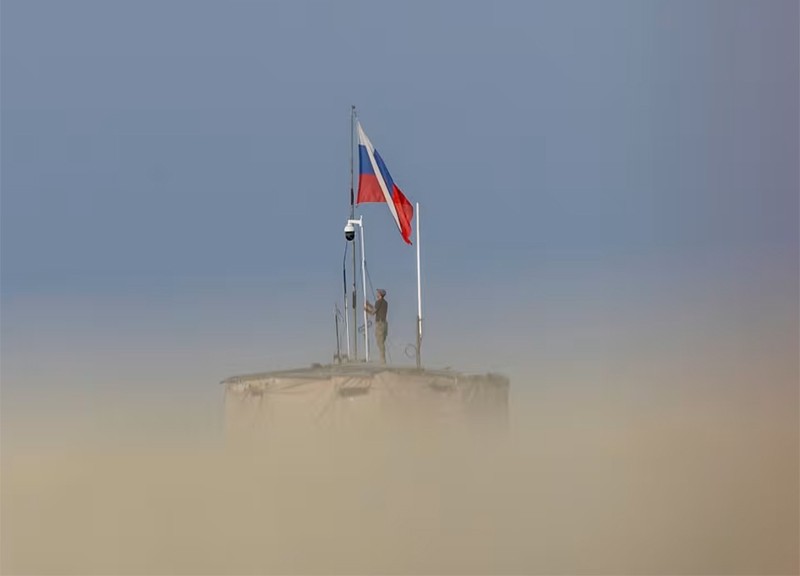
Moscow has operated important naval and air bases in Syria in exchange for the support it provided to prop up Bashar al-Assad
By Benoit Faucon and Lara Seligman. WSJ.
Russia is withdrawing advanced air-defense systems and other sophisticated arms from bases in Syria and shifting them to Libya, U.S. and Libyan officials said, as Moscow scrambles to preserve a military presence in the Middle East after the collapse of the Assad regime in Damascus.
Russian cargo planes have flown air-defense equipment, including radars for S-400 and S-300 interceptor systems, from Syria to bases in eastern Libya controlled by Moscow-backed Libyan warlord Khalifa Haftar, the officials said. Russia also has flown troops, military aircraft and weaponry out of Syria in a significant drawdown of its presence there.
For years, Moscow has operated important naval bases and air bases in exchange for the support it provided to prop up Bashar al-Assad, the Syrian dictator who fled to Moscow last week. The Syrian bases have been the cornerstone of Moscow's ability to project power in the Middle East and Africa-serving as a hub to funnel troops, mercenaries and arms. The naval base in Tartus has been the sole replenishment and repair point for the Russian navy in the Mediterranean.
Now, Russia appears to be angling to use another old partner in Libya to retain influence in the region and support a naval presence in the area, where the U.S. and other North Atlantic Treaty Organization members have bases and warships.
Spokespeople for the Kremlin and Haftar didn't respond to requests for comment.
Russian Deputy Foreign Minister Mikhail Bogdanov has said Moscow was in contact with the political leadership of Hayat Tahrir al-Sham-the rebel group that led the offensive to oust Assad to discuss the future of Russia's bases.
Russia has a presence in Libya, including via the Wagner paramilitary group, which has close ties with Haftar, whose Libyan National Army controls the war-torn country's east. Wagner fighters have used Haftar's facilities as a transit hub to other African nations.
Haftar for years has asked Russia for air-defense systems to bolster his grip on the divided country, which has been racked with violence since a 2011 uprising ousted dictator Moammar Gadhafi. Armed groups and foreign powers have vied for power since, with a civil war breaking out in 2019. Libya remains split between factions in the east and west.
Russia's presence offers Haftar protection from Turkish-backed groups based in western Libya. But Haftar likely will face pressure from the West to not allow Russia to expand its presence in Libya. The U.S., including during a visit by CIA director William Burns last year, has warned Haftar to expel Rus- sian forces to no avail.
It isn't clear whether the weapons systems, including the S-400 components, will stay in Libya or be flown back to Russia, a U.S. official said.
Air and naval bases in Libya won't fully make up for what Russia stands to lose in Syria, some analysts say.
Having Libya as a refueling stop to Africa would restrict the weight of the equipment that Moscow can transport, says former Russian air force officer Gleb Irisov, who once served in Russia's Khmeimim base in Syria.














